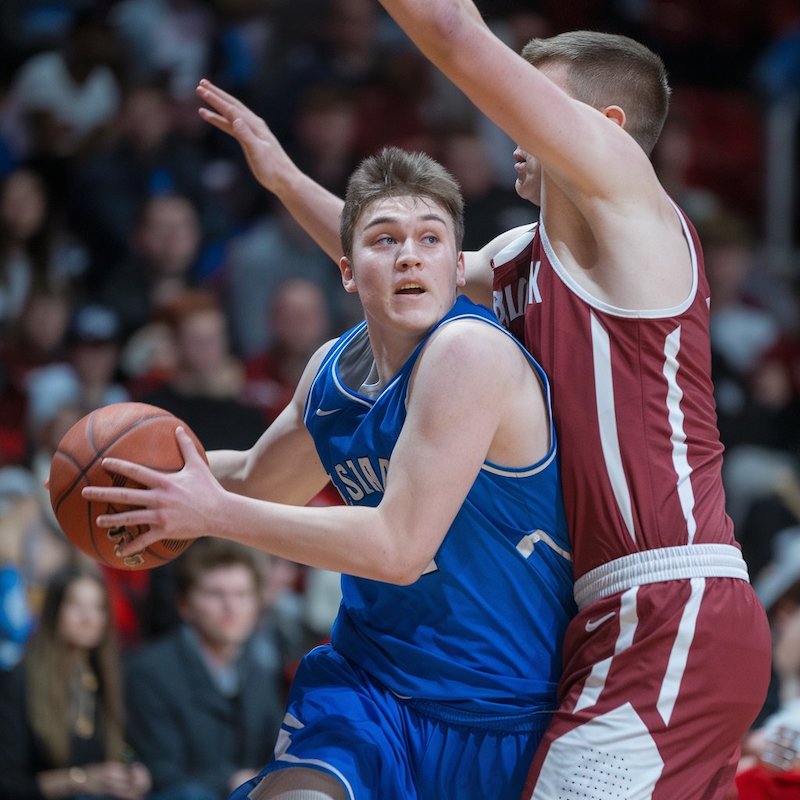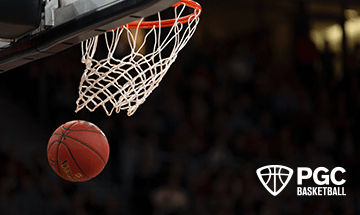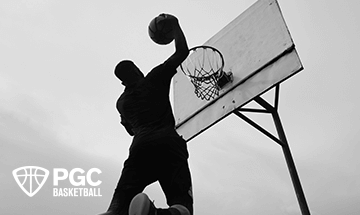Attitude: Where Is Your Mindset After Something Bad Happens To You?
During the 2016 NCAA Men’s Basketball Championship between the Villanova Wildcats and the North Carolina Tar Heels, Villanova blew an astounding 10-point lead.
With 4.7 seconds left, UNC Point Guard Marcus Paige hit an improbable 3-pointer to tie the game. Paige swished a double pump one-footed runner from the right wing. Villanova’s head coach, Jay Wright, called a timeout, and as his players walked to the huddle, they were all saying the same word:
Attitude.
“When I looked into the eyes of our players,” Wright writes in his book Attitude, “I saw no anger or regret. No one bemoaned [the UNC player’s] ‘lucky shot,’ or that any of our guys had failed to stop him from grabbing the pass that led to that shot, or anything else.”
Instead, “they were all saying, ‘Attitude. Attitude. This is what we do. Attitude. This is what we do.’” As coach Wright would go onto unpack in an interview the word “Attitude” is the culture of Villanova Men’s Basketball summarized in one phrase.
Attitude is defined in their culture as this: “Where is your mindset after something bad happens to you?”
The word serves as a reminder to ‘reset’ and to forget about what just happened, because for players, you always have control over your attitude moving to the next play. You do not have control over what happens to you, but you are implicit in your response to what happens.
Coach Wright trains this ‘next play’ behavior in practice by making bad calls on his players when he officiates (something we do a lot of at PGC Basketball Camps), and by making his ‘first team’ wear the road practice jerseys and has the rest of his staff officiate as if their ‘first team’ is the opponent.
In the National Championship, with this ‘Attitude’ mindset, the players returned to the court with 4.7 seconds remaining.
Villanova’s Kris Jenkins inbounded the ball to Ryan Arcidiacono. Arch dribbled up the left side of the court, crossed half court, cut right towards the 3-point arc, where he underhanded a pass to Jenkins. Jenkins caught the ball with 1.3 seconds left, and, in perfect rhythm, caught then released the ball with 0.6 seconds, and hit a buzzer beater to win the 2016 NCAA Men’s Basketball Championship.
“It’s the most important aspect of our program,” Coach Wright explains in his book, Attitude. “When we break a huddle, we say ‘1, 2, 3, Attitude.’”
As Jay Wright notes in his book “The fact is, none of us control what happens to us in life- but we do control our responses to those circumstances… no matter how tough it gets or how much of a challenge you face in the final 4.7 seconds of a game.”
To choose one’s attitude in any set of given circumstances, especially ‘difficult’ or ‘unfair’ circumstances is a testament to a person’s character.
As the basketball season begins to get underway remember the things you have control over… remember you control your attitude.
If you’re looking for other tips to get you ahead of the competition this year, check out our FREE basketball training guide with 9 tips for basketball & life.
Related Articles
5 Habits That Can Make Undersized Point Guards Unstoppable
When it comes to basketball, size isn’t everything. For undersized point guards, mastering specific skills and habits can not only level the playing field but also make them truly unstoppable.
How To Win The Inner-Game of Basketball (and Life)
As a basketball player, just like so many other walks of life, players do not operate at max capacity because they are extremely hard on themselves and are losing the ‘inner game.’
What Does It Mean To Be Self-Disciplined?
In the game of basketball, self-discipline is a word that all coaches want players to embody on a daily basis. The word ‘Discipline’ is used for some teams as their standard of excellence, for others it is a pillar that their culture is built upon.
About PGC
PGC Basketball provides intense, no-nonsense basketball training for players and coaches. Our basketball camps are designed to teach players of all positions to play smart basketball, be coaches on the court, and be leaders in practices, games and in everyday life.
We combine our unique PGC culture with a variety of teaching methods and learning environments to maximize the learning potential of those that attend our sessions. In addition to spending 6-7 hours on the court each day, lessons will be reinforced through classroom sessions and video analysis.
Our goal at PGC is to empower you with the tools to fulfill your basketball dreams, while also assisting you in experiencing the joy of the journey.
To learn more about PGC Basketball, including additional basketball training tips and videos, visit our YouTube Channel or find us on Facebook, Instagram, and Twitter.




Share This Post